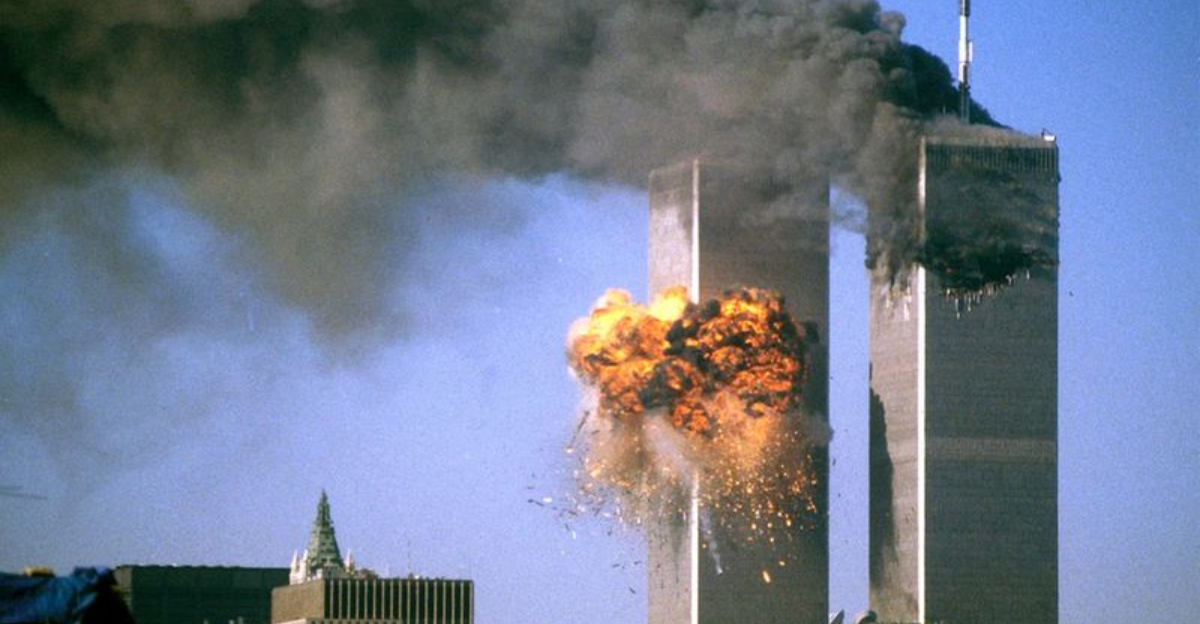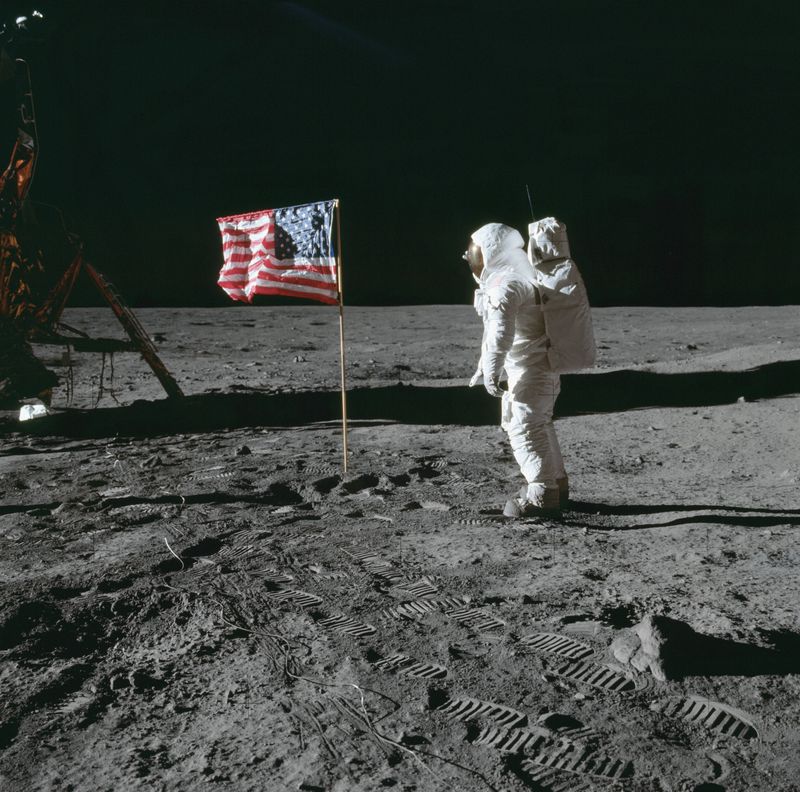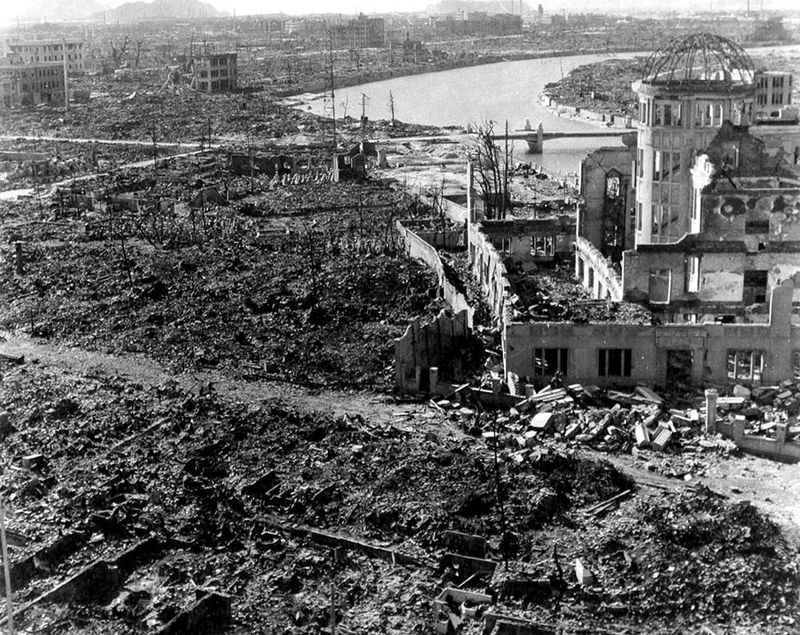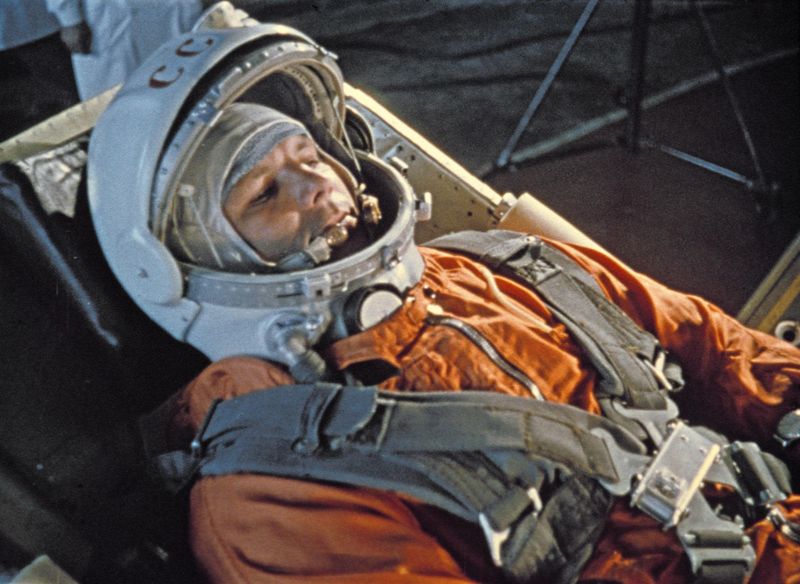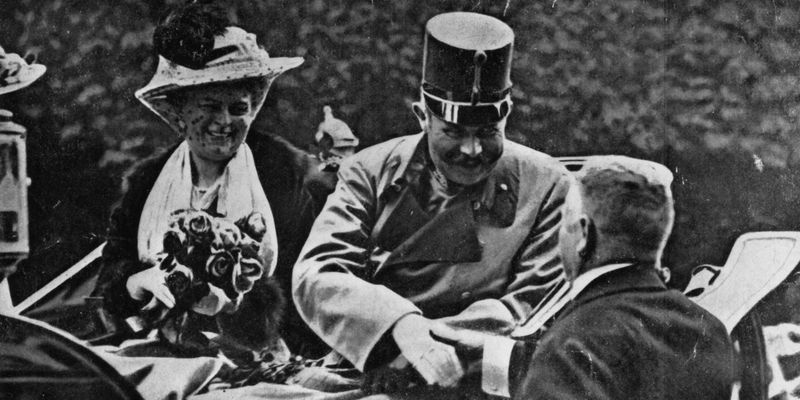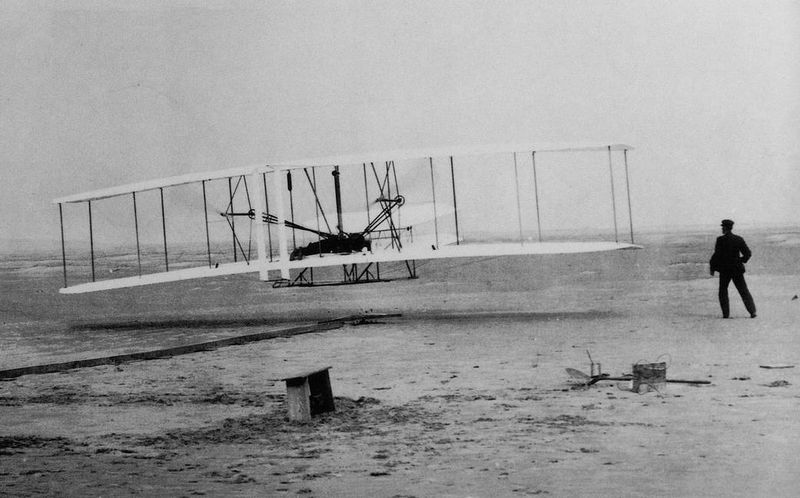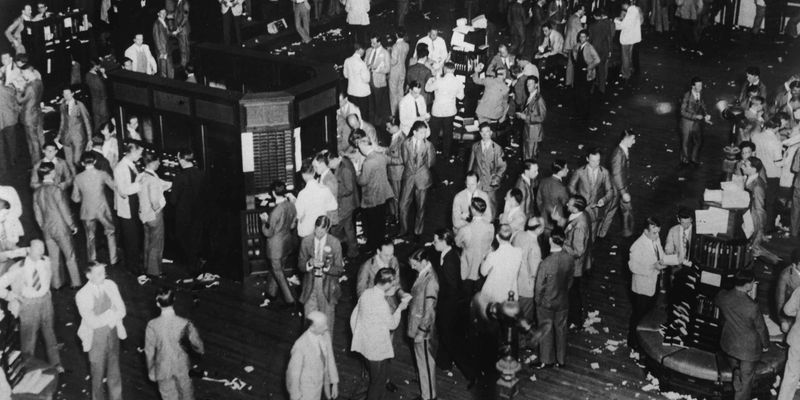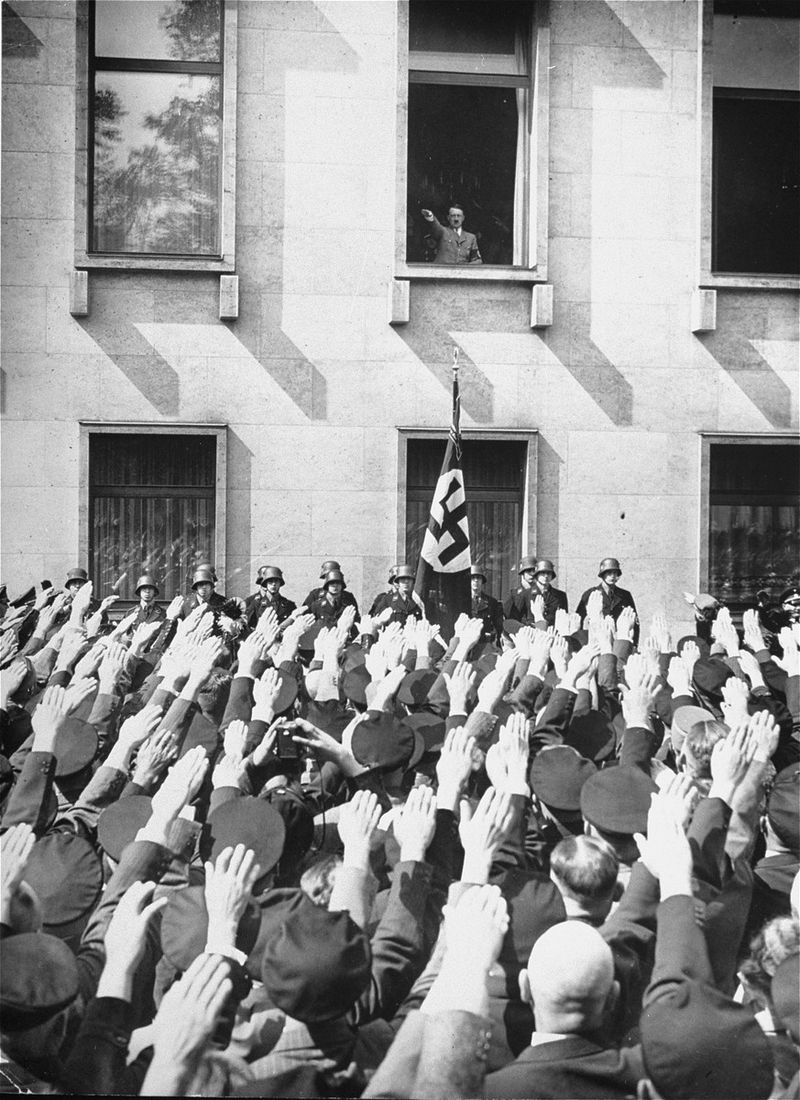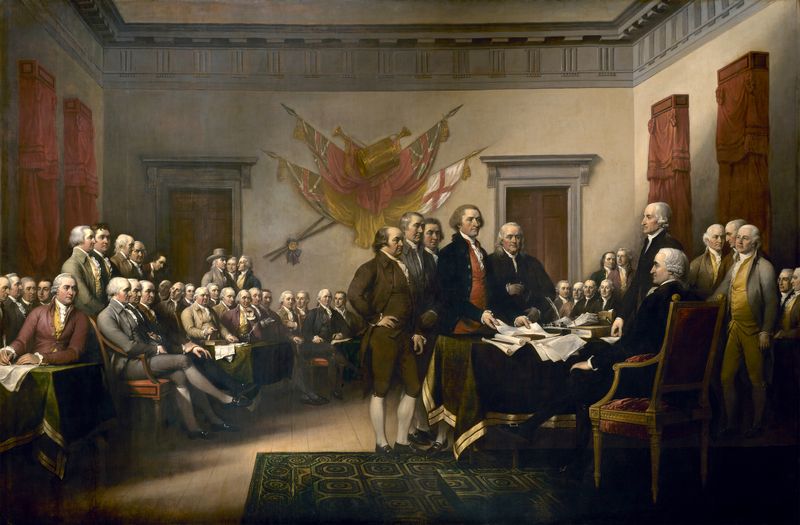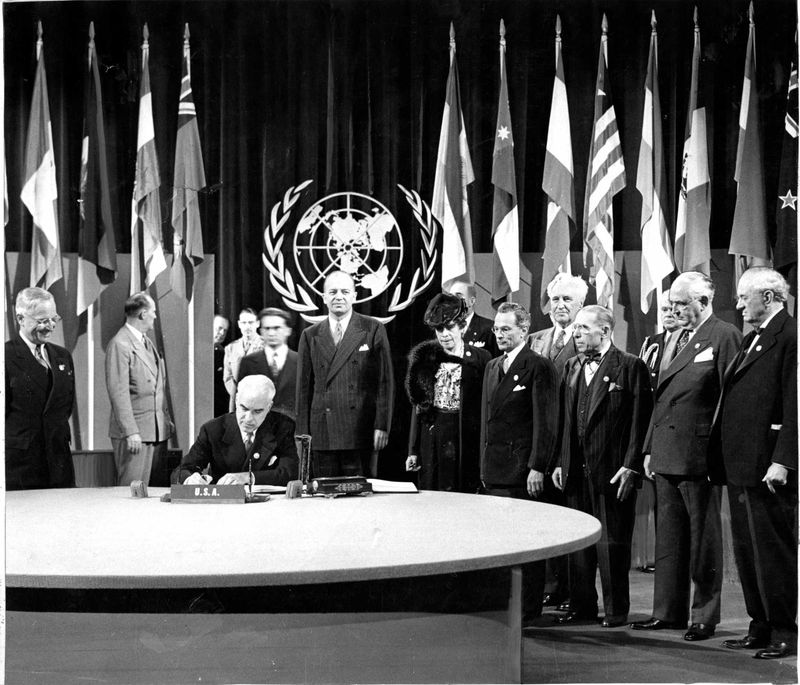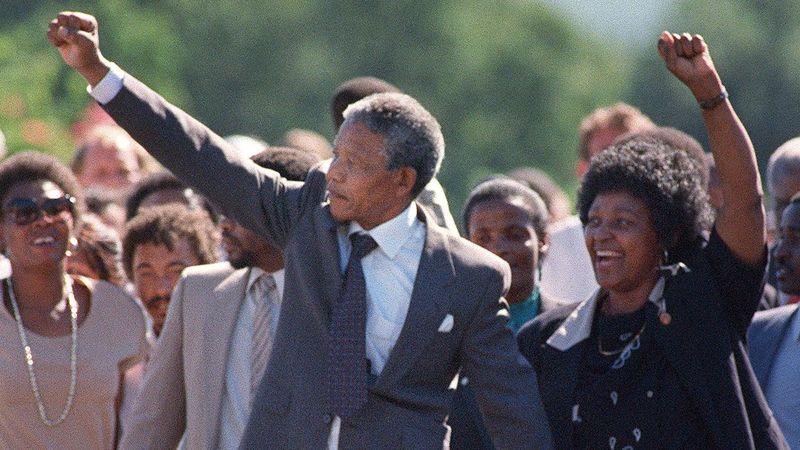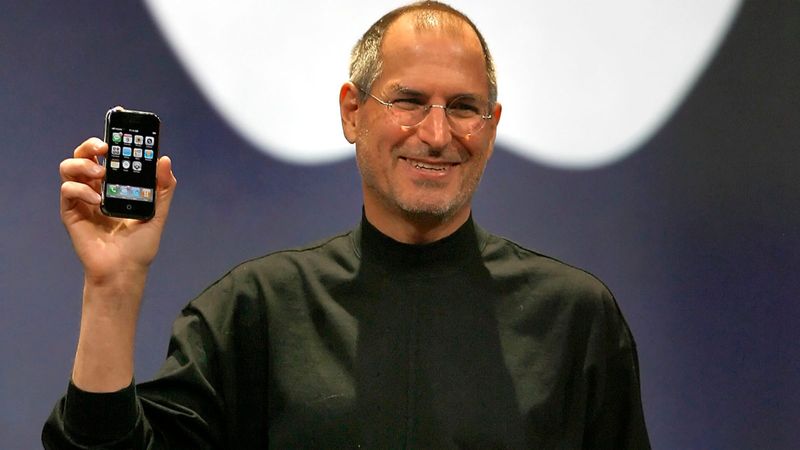Throughout history, there have been pivotal days that have dramatically influenced the world we live in today. These events have not only shaped political landscapes but have also impacted technological advancements, cultural shifts, and social norms. By understanding these significant days, we can gain insight into the forces that continue to shape our modern world.
1. July 20, 1969 – Apollo 11 Moon Landing
On July 20, 1969, Neil Armstrong became the first human to step onto the lunar surface, a historic moment that showcased humanity’s boundless curiosity and innovation. This achievement demonstrated that space exploration was not just a dream but a tangible reality. It inspired generations to look up at the stars and ponder the mysteries of the universe.
The Apollo 11 mission fueled technological advancements in various sectors, fostering international collaboration in science and technology. This iconic event continues to symbolize the power of human determination and the relentless pursuit of knowledge.
2. August 6, 1945 – Hiroshima Atomic Bombing
On August 6, 1945, the world witnessed a haunting scientific breakthrough as the United States dropped an atomic bomb on Hiroshima. The sheer destruction brought forth by this event ushered in the nuclear age, forever altering the nature of warfare. It served as a grim reminder of the potential devastation that human ingenuity could unleash.
The bombing’s aftermath led to the Cold War’s tense standoff and sparked global discussions on arms control. The legacy of this day continues to influence international policies, emphasizing the need for peace and disarmament efforts worldwide.
3. November 9, 1989 – Fall of the Berlin Wall
November 9, 1989, marked a turning point in history as the Berlin Wall fell, reuniting a divided Germany and symbolizing the end of the Cold War. The wall, which had long stood as a barrier between East and West, crumbled under the weight of people’s desire for freedom and unity.
The fall of the wall paved the way for democratic movements across Eastern Europe and inspired a wave of global optimism. This day remains a powerful testament to the resilience of the human spirit and the enduring quest for liberty and justice.
4. September 11, 2001 – 9/11 Attacks
The morning of September 11, 2001, dawned like any other, but ended as a day that forever changed the global security landscape. The coordinated terrorist attacks on the World Trade Center and the Pentagon shocked the world and led to unprecedented changes in international relations.
In response, nations united to combat terrorism, resulting in the War on Terror and enhanced security measures worldwide. The events of 9/11 profoundly affected air travel, surveillance practices, and foreign policy, reminding us of both the fragility and resilience of our societies.
5. April 12, 1961 – Yuri Gagarin’s First Human Spaceflight
April 12, 1961, was a day of firsts as Yuri Gagarin journeyed beyond Earth, becoming the first human to orbit the planet. His pioneering flight ignited the Space Race, a period of rapid innovation and competition between the United States and the Soviet Union.
Gagarin’s mission accelerated advancements in space technology, ultimately leading to modern satellite communications and global positioning systems. His accomplishment remains a testament to human ingenuity and the desire to explore the cosmos, reminding us that the sky is just the beginning.
6. June 28, 1914 – Assassination of Archduke Franz Ferdinand
June 28, 1914, marked the beginning of a domino effect that would alter the course of history. The assassination of Archduke Franz Ferdinand in Sarajevo set off a chain of events leading to World War I, a conflict that reshaped national borders and political alliances.
This tragic event highlighted the volatility of international relations and the consequences of political tension. The war’s aftermath laid the foundation for World War II and continues to influence modern geopolitics, reminding us of the delicate balance needed to maintain peace.
7. December 17, 1903 – Wright Brothers’ First Flight
On December 17, 1903, the world took to the skies as the Wright brothers achieved powered flight for the first time. In the sandy dunes of Kitty Hawk, North Carolina, Orville and Wilbur Wright’s invention revolutionized transportation and altered the course of history.
Their success not only made the world smaller by enabling faster travel but also had profound impacts on warfare and globalization. The Wright brothers’ ingenuity paved the way for the aviation industry, forever changing how we connect with one another and explore our planet.
8. October 29, 1929 – Black Tuesday (Stock Market Crash)
October 29, 1929, known as Black Tuesday, marked the beginning of the Great Depression. The stock market crash sent shockwaves through the global economy, leading to widespread unemployment and poverty.
This economic downturn prompted the development of new financial regulations and policies aimed at preventing future crises. The lessons learned from this event continue to shape modern financial systems, highlighting the importance of sound economic planning and the far-reaching impacts of market instability.
9. January 30, 1933 – Hitler Becomes Chancellor of Germany
January 30, 1933, marked a dark chapter in history as Adolf Hitler was appointed Chancellor of Germany. His rise to power brought about the rise of the Nazi regime, which would lead to World War II and the Holocaust.
Hitler’s appointment signaled a shift toward authoritarianism and highlighted the dangers of unchecked political power. The repercussions of this day continue to influence global efforts to combat fascism and promote human rights, underscoring the importance of vigilance in maintaining democratic principles.
10. July 4, 1776 – U.S. Declaration of Independence
July 4, 1776, stands as a beacon of freedom and democracy as the United States declared independence from British rule. The signing of the Declaration of Independence inspired democratic revolutions worldwide, challenging the notion of monarchy and advocating for individual rights.
This seminal moment laid the groundwork for modern republics and human rights movements. Its enduring legacy continues to influence global politics, reminding us of the power of collective action and the enduring pursuit of liberty.
11. April 14, 1865 – Assassination of Abraham Lincoln
April 14, 1865, brought tragedy to the United States as President Abraham Lincoln was assassinated by John Wilkes Booth. This pivotal moment altered the course of American history, impacting the Reconstruction era and leaving a legacy of unresolved racial tensions.
Lincoln’s assassination highlighted the deep divisions within the nation and the challenges of rebuilding a country torn apart by civil war. Today, his legacy continues to shape U.S. politics, serving as a reminder of the ongoing struggle for equality and justice.
12. October 24, 1945 – Founding of the United Nations
On October 24, 1945, the United Nations was established, marking a new era of global diplomacy. Born from the devastation of World War II, the UN aimed to foster peace, security, and cooperation among nations.
The organization’s founding laid the cornerstone for international law and humanitarian efforts, addressing issues such as poverty, human rights, and conflict resolution. The UN’s creation continues to shape the global landscape, emphasizing the importance of multilateral collaboration in solving the world’s most pressing challenges.
13. February 11, 1990 – Nelson Mandela Released from Prison
February 11, 1990, marked a milestone in the fight against apartheid as Nelson Mandela was released from prison after 27 years. His release signaled the beginning of South Africa’s transition to democracy and inspired civil rights movements worldwide.
Mandela’s perseverance and commitment to reconciliation became a global symbol of hope and justice. His legacy continues to influence efforts toward equality and social justice, reminding us of the power of forgiveness and the enduring fight for human dignity.
14. March 11, 2020 – WHO Declares COVID-19 a Pandemic
On March 11, 2020, the World Health Organization declared COVID-19 a pandemic, a decision that reverberated across the globe. The pandemic altered every facet of life, from healthcare systems to work environments, prompting rapid changes in how we communicate and interact.
The crisis accelerated developments in remote work technology and vaccine research, reshaping modern society. The declaration serves as a stark reminder of the interconnectedness of our world and the shared responsibility we have in addressing global health challenges.
15. January 9, 2007 – iPhone Announcement
January 9, 2007, revolutionized the way we communicate with the announcement of the iPhone by Steve Jobs. This groundbreaking device combined a phone, iPod, and internet communicator into one, kickstarting the smartphone revolution.
The iPhone’s introduction transformed personal technology, influencing business practices and social interactions. Its impact is felt in every corner of the globe, shaping how we access information and connect with others. The announcement marked a paradigm shift in technology, emphasizing innovation and user-centered design.
